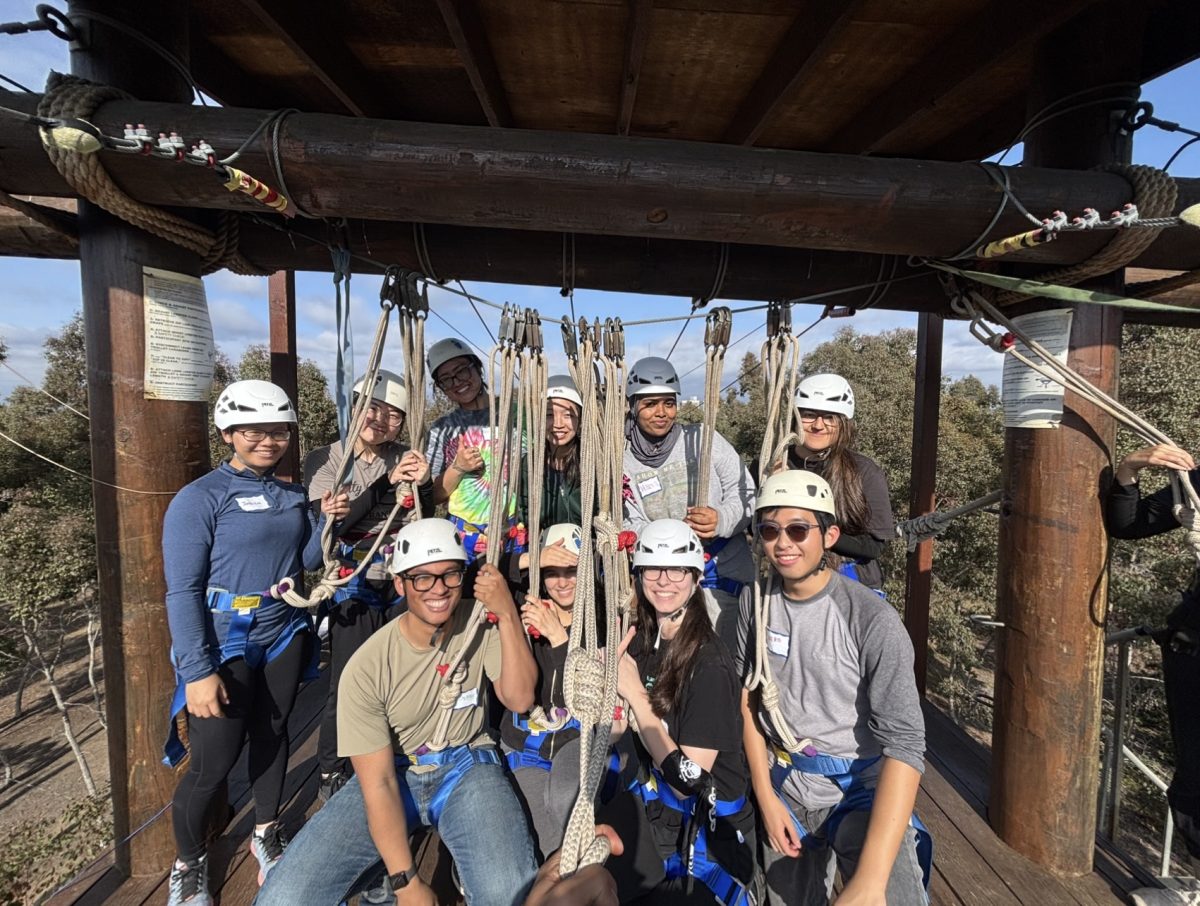As an introvert, the thought of having to endure a group project lasting an entire quarter sounds about as pleasant as getting all four wisdom teeth removed. Group projects can be daunting for everyone, but this is especially true for introverts. As a member of a research group this year, I have personally developed a few pieces of advice that could help those who must endure group work but aren’t necessarily extroverted or outgoing.
- Embody your favorite confident person (real or imaginary).
It can be intimidating to pluck up the courage to contribute to discussion in the same way that an extroverted person would. Sometimes it is easier to envision yourself as a character (either real or imaginary) that you admire in order to emulate those qualities. “Fake it until you make it,” and eventually you will have enough practice to automatically resort to these key group work qualities.
- Ask what you will be discussing in advance.
Sometimes an introvert needs to look through material on their own before they can decide how they will express their opinions. Make sure to ask the group leader what will be discussed in meetings, such as a specific article or research paper. Take the extra step to look through the material on your own and write some questions or comments that you would like to contribute to your group. Not only will this allow you to understand the material on a deeper level, but it will give you the necessary information to contribute to discussion without having to come up with spontaneous dialogue.
- Remember that group members are not your friends.
When I first joined my research group, I wanted to be as nice as possible, and I refrained from bringing in my own differing opinions because I didn’t want to seem too aggressive. Eventually, I stopped bringing in any input at all. My research partners and I are not best friends, and that’s totally OK. However, that shouldn’t keep me from contributing my own opinions. Having different viewpoints is what fosters diversity and can help with covering an array of topics, especially in research. As long as you remain courteous, it is better to contribute to the discussion rather than to keep your suggestions to yourself.
- Be professional.
Foster an environment that is inclusive of all people and all viewpoints. Not everyone will have the same thought on everything, and it can sometimes be difficult to contribute an opinion that may not be popular. Make sure that everyone feels comfortable in contributing to discussion. Try to imagine this is your job and not class, and remember to remain courteous to maintain that professional atmosphere.
- Do your work!
If a group member never brings in opinions during discussions, and never does their work, this can lead to a negative attitude from other group members. If you’re still struggling to contribute in group discussions, make sure you are still keeping up to date with the work you are assigned. If there is a particular area of work that you are most efficient in, try and volunteer for those positions so you can make sure you are bringing your best work forward.
The idea of a group project can be daunting, but if you keep these tips in mind and try your best, a group project can be just as effective for extroverts and introverts. Good luck!








